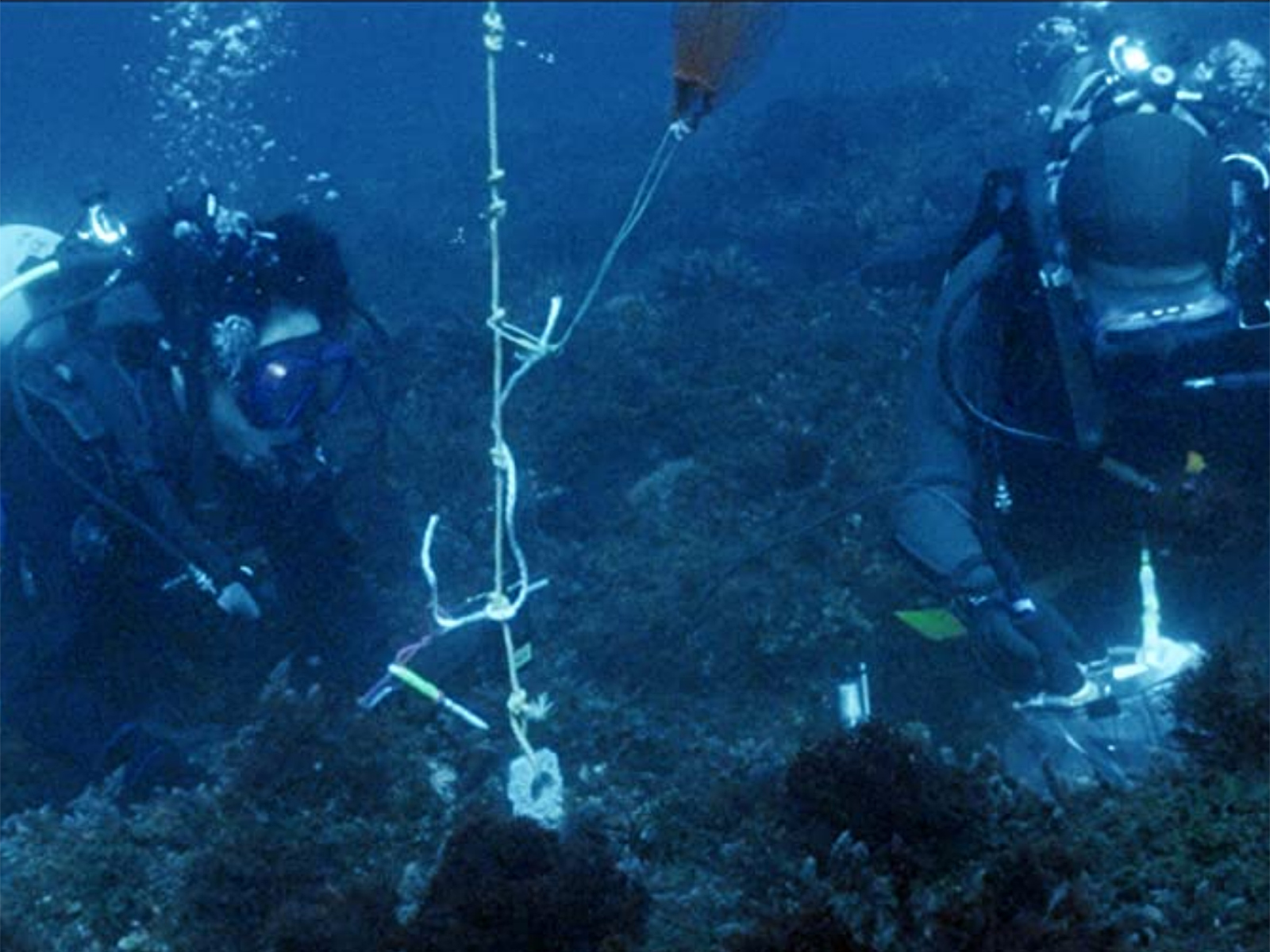
- Film
Docs: 8 Billion Angels (2019)
Ever since director Davis Guggenheim’s nonfiction distillation of former American Vice President Al Gore’s deeply personal slideshow about the dangers of global warming, 2006’s An Inconvenient Truth, galvanized viewers en route to racking up $50 million in the worldwide box office and two Oscar victories, environmental documentaries have had to grapple with its enormous cultural footprint. Previously seen as a niche market cinematically speaking, environmentalism has now gone mainstream. All sorts of questions for filmmakers were raised in its wake, including how expansive or specific to make their focus, whether to double down on data and didacticism and how best to frame any call-to-action.
A well-meaning work that has trouble establishing both a convincing rhythm and articulating a strong thesis statement, 8 Billion Angels aims to put the predicament of global sustainability under the microscope. With humanity’s demand for resources vastly outstripping nature’s ability to provide them, crises at the intersections of food and water shortages, climate emergencies, and population displacement are already common, and primed to become an existential threat as we push further into the 21st century. 8 Billion Angels bears compelling witness to the intertwined state of these problems, but ultimately feels overburdened by the weight of its forebears and influences.
While gifted with a nice blend of conventionally captured interviews and sometimes more evocative, ephemeral material from cinematographer Jake Mitchell, director Victor Velle and editor Darianna Cardilli struggle to find a sensible philosophy for grouping the glut of statistics that undergirds their environmental passion. Nowhere is this more evident than in the loosely defined sections which comprise the movie’s lean, viewer-friendly 76-minute running time.
The film starts in oceans, where it assays not garbage dumping (a topic covered in many other documentaries) but the “canary in a coal mine” of acidification, as studied in the corroded coral reefs near the Shikine-Jima Research Facility, which sits on a volcanic island in Japan. It next shifts to Kansas, for an interesting examination of water tables and the overuse of aquifers. At the 40-minute mark the movie pivots to an awkward classification (“Air and Rivers”), though environmentalist Vimlendu Jha’s guided tour of Delhi’s extremely polluted Yamuna River is gut-wrenching in numerous ways.
Its final segment, attempting to soften the impact of its evidentiary prosecution, sidles up to some proposed answers. But on a macro level, too, 8 Billion Angels can’t quite commit to disruption; it’s the quiet kid in the corner of the class with some potential outside-the-box solutions who never really speaks up, for fear of being called “weird.” Addressing overpopulation, for example, the film flirts a bit with aggressive governmental policy before settling on the less controversial social initiatives of female education and more widely available family planning.
What undeniably works about the film is how naturally and gracefully it summons sympathy for those living on society’s margins, and the outsized burden they bear because of environmental degradation. There is a lyric in the U2 song “Crumbs From Your Table” in which Bono sings, “Where you live should not decide/Whether you live or whether you die,” and the piercing, emotionally overwhelming injustice of that line comes to mind watching 8 Billion Angels, because for so many in poverty worldwide, choices regarding their consumption are made by those economically upstream.
Another uncomfortable truth is how prior industrial revolutions in Western democracies helped raise the standard of living for millions of people, though at a tremendous cost for the Earth. Now, as countries including but not limited to India and China seek to do the same for their populaces, many are too willing to pass the buck rather than accept some degree of moral culpability, lean into lessons learned, and embrace a shared responsibility.
It’s unreasonable to expect a single film to provide all the answers to the problems of overconsumption and overpopulation. But a stronger, clearer presentation would extend the appeal of 8 Billion Angels, which enjoyed its global streaming premiere on Earth Day and is now available virtually, beyond its sermon-to-the-choir limits.

